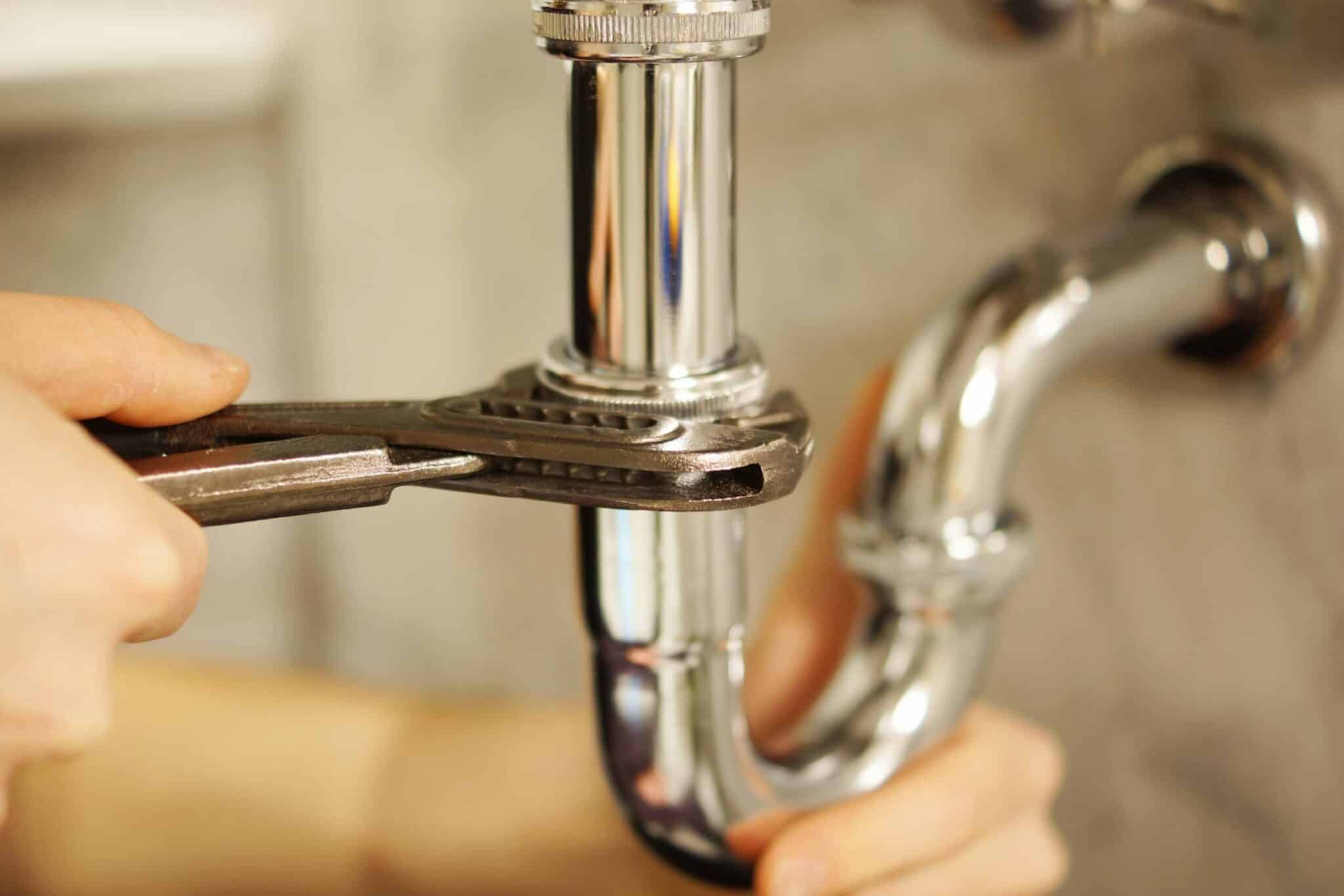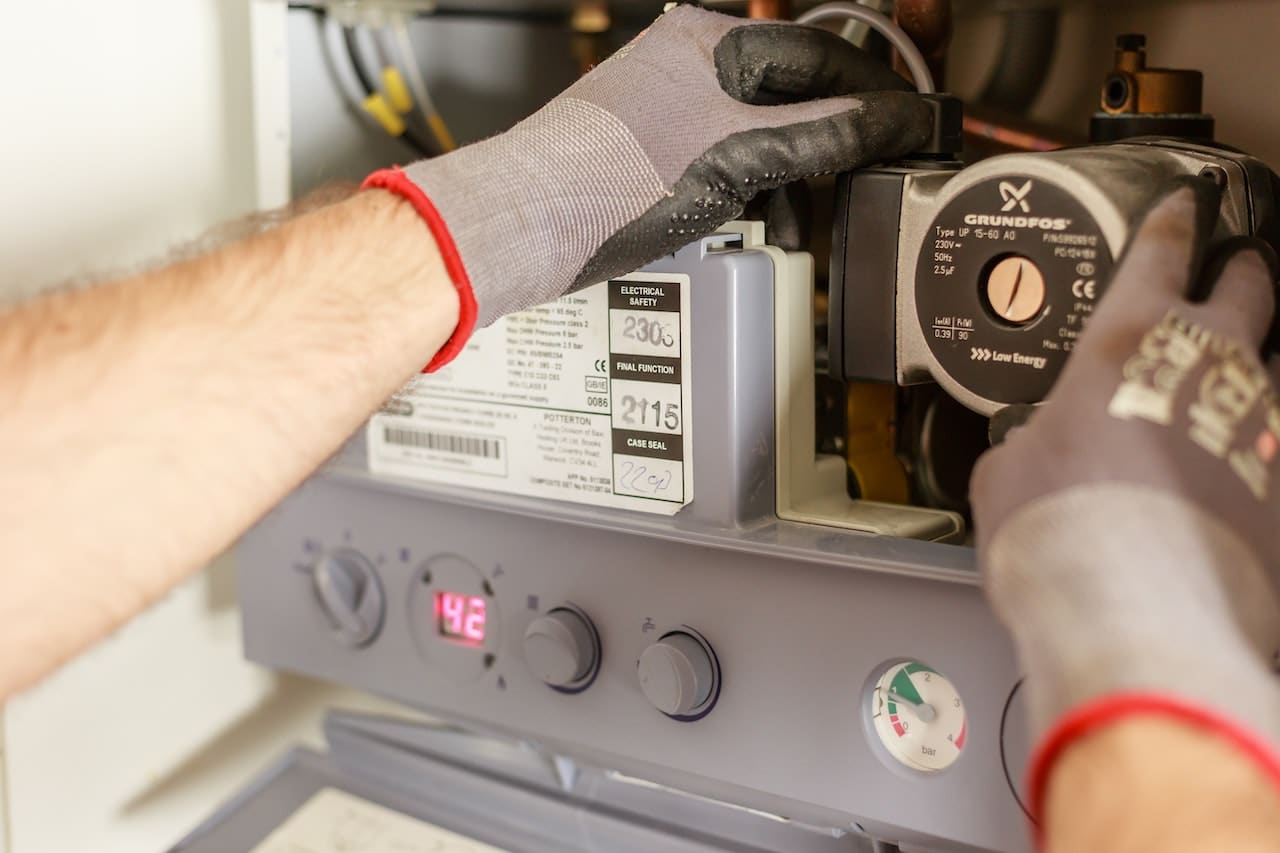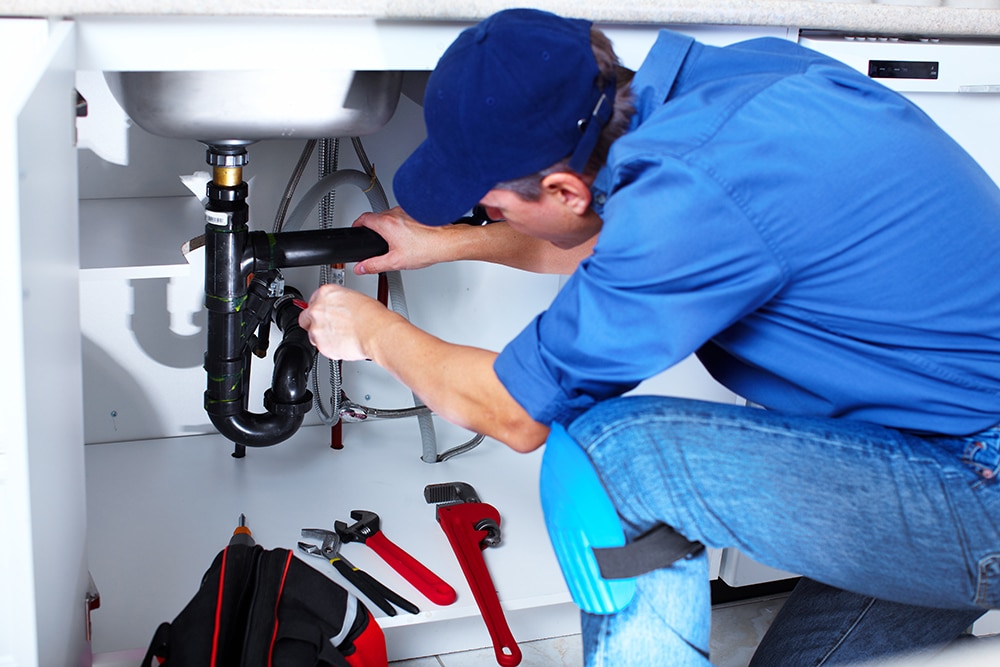If you do not prepare your house’s plumbing for freezing temperatures by autumn, you may experience plumbing difficulties throughout the season. The failure to secure your plumbing system may put your pipes and outdoor faucets in danger of breaking or freezing, resulting in thousands of dollars in repair costs.
Here are some expert tips for winterizing your pipes to preventing pricey plumbing repairs:
1. Prepare Your Exterior Pipes for Winter Damage
The best way to protect your exterior pipes is to reinforce them against the cold. Get foamy material to wrap exposed pipes outside your home. Cover the pipes with pool noodles (polyethylene foam). Covering pipes will protect them from freezing and breaking in cold weather.
2. Fix Leaks Beforehand
Unnoticed little leaks can cause major damage and costly plumbing repairs. This is why now is the time to fix leaks in the bathroom, kitchen, or basement. Examine all faucets for tightness and functionality. If there are any issues, it’s best to get a reliable plumber so they can apply a long-term solution.
3. Maintain Consistent Home Temperatures
Regularly check your thermostat and furnace for warm airflow. If you don’t have a thermostat, consider covering the pipes with heating tape. This tape works like insulation in cold weather, saving you money on potential plumbing emergencies.
4. Drain Your Water Heater
Sediment and rust may quickly get into your drinking, cooking, and bathing water, producing plumbing issues and health risks. For this reason, consider cleaning or replacing your water heater if it has rusted or accumulated sludge.
5. Insulate Your Water Heater
After cleaning your water heater, you should insulate it to prepare for the upcoming cold season. The principle is simple: as it gets colder, the appliance works harder to use more energy. Thankfully, insulation can help decrease its load, keeping more of your system’s heat in the tank.
6. Clean Your Sump Pump Basin
Before winter, thoroughly clean the sump pump and its basin. In cold temperatures, the pump might freeze and stop working. Water from the pump may enter your home, causing leaks, especially during winter storms. Examine your pump and basin before the temperatures drop to avoid costly plumbing issues.
7. Keep Your Faucets Flowing
You need the faucets running if the temperature goes below freezing. The water must flow through the pipes rather than freeze inside. Turn off the water immediately if you suspect a damaged pipe or a faulty faucet. The power is cut to contain the damage and avoid costly repairs.
8. Be Wary About Drainage Problems
When it comes to your kitchen, use your garbage disposal sparingly in the winter. Otherwise, the leftovers down the drain will group and form blockages. Also, avoid throwing grease down your drain.
Grease and food may clog drains year-round, but they’re even more dangerous during winter as narrow pipes get clogged by frozen fluids and residue. As tempting as it may be, drain any oil or grease into a container and dispose of it.
Conclusion
It is better to spend the winter enjoying pleasant times, family get-togethers, and holiday celebrations rather than dealing with plumbing problems such as burst pipes, frozen faucets, and other issues.
However, preparing your house for the winter and making any required repairs to your plumbing system ahead of time will help you save money in the long run.
Candu Plumbing & Rooter provides the best plumbers in Woodland Hills, CA, committed plumbing business, 100% consumer happiness, and expertise. When it comes to your plumbing issues, we’ll solve them—contact us today!



